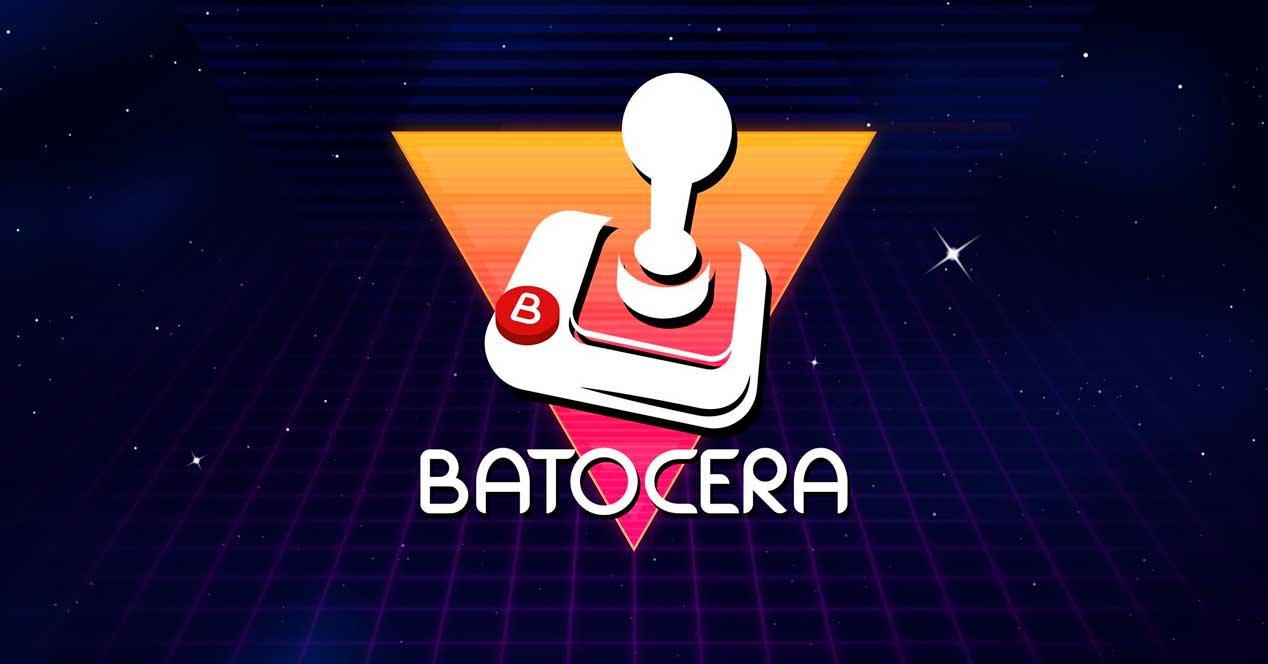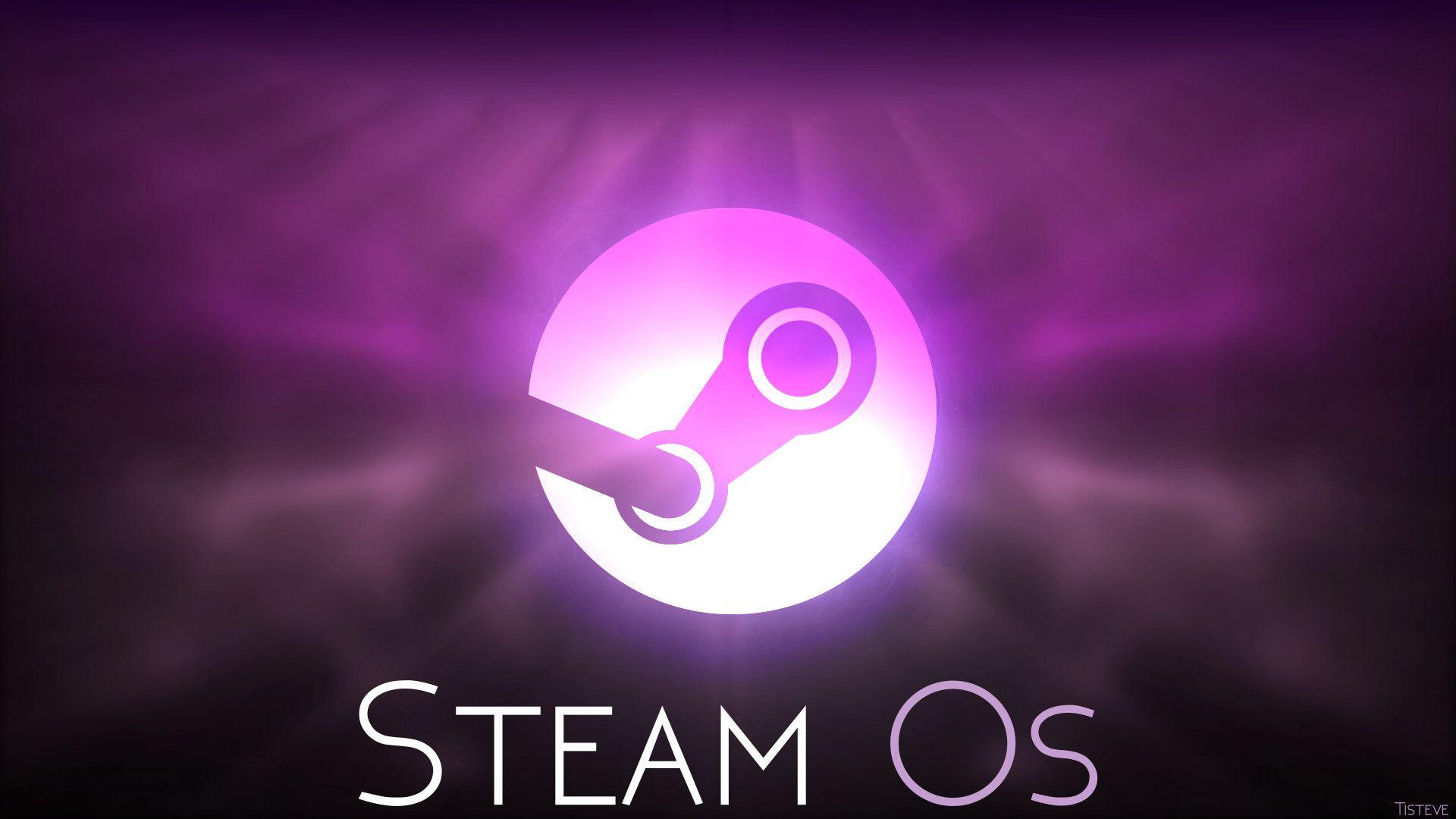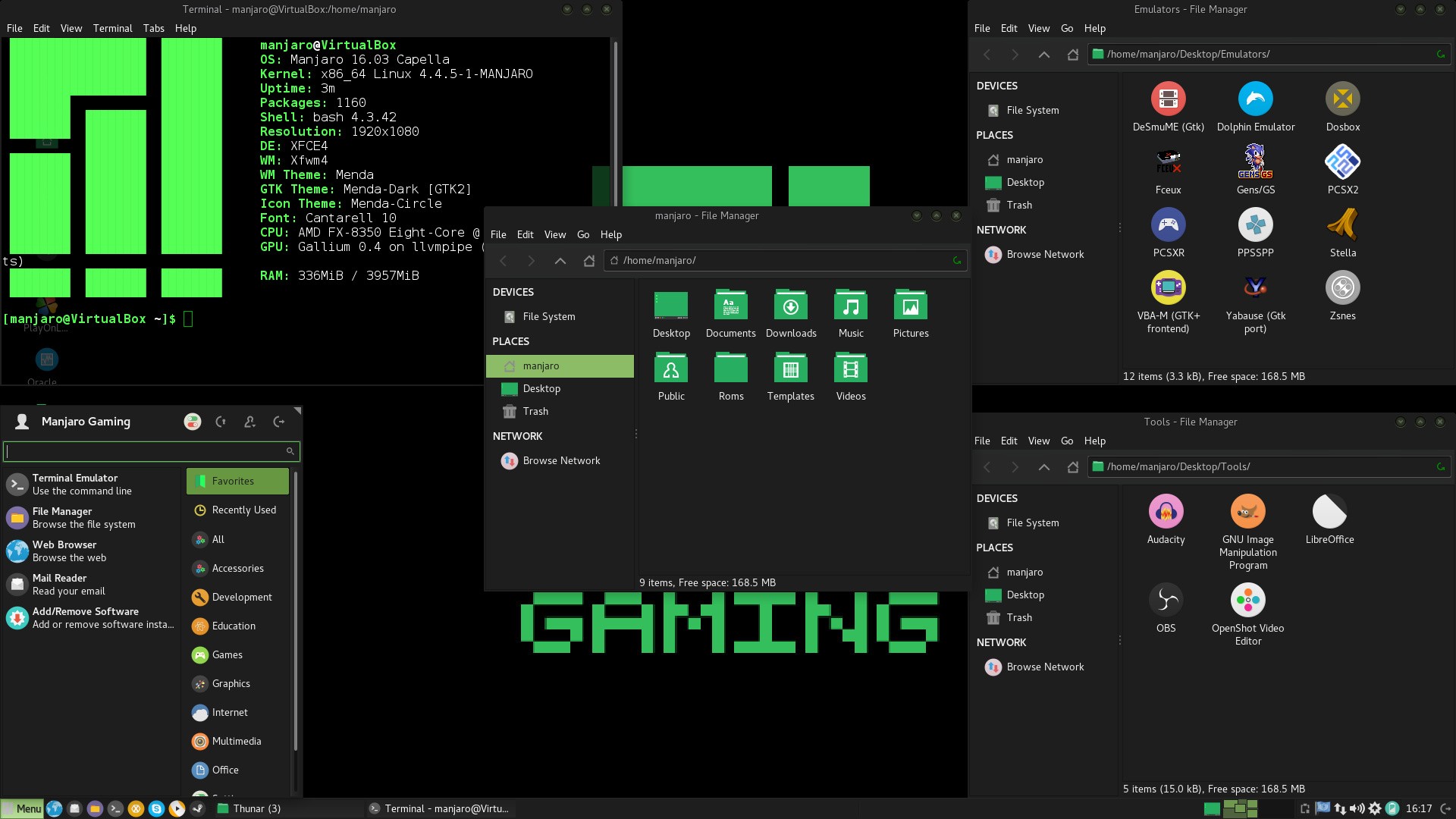 |
| Linux Distro To Game On! |
Linux is not just a free and open-source operating system, but also a great platform for gaming. With the help of tools like Steam, Proton, Lutris, Wine, and others, you can play thousands of games on Linux, both native and Windows-only. But which Linux distro is the best for gaming? In this article, I will show you 10 Linux distros that are specially designed or optimized for gaming. These distros come with various features, compatibility, and performance enhancements that make gaming on Linux a breeze. Let’s get started!
What Makes a Good Linux Gaming Distro?
Before we dive into the list of the best Linux gaming distros, let’s first see what makes a good Linux gaming distro. Here are some of the factors that I considered while choosing the distros:
Ease of use: The distro should be easy to install and use, without requiring too much manual configuration or tweaking. It should also have a user-friendly interface and a good software center or package manager.
Gaming software: The distro should come with pre-installed gaming software and hardware optimization, such as Steam, Lutris, Wine, drivers, libraries, etc. It should also support different gaming platforms and controllers.
Performance: The distro should offer good performance and stability for gaming, with low latency, high frame rates, and minimal screen tearing. It should also have a resource-friendly desktop environment and kernel.
Extra apps: The distro should also have some extra apps for regular use, such as a web browser, a media player, an office suite, etc.
The 10 Best Linux Gaming Distros for 2023
Now that we know what makes a good Linux gaming distro, let’s see the 10 best Linux gaming distros for 2023. These are in no particular order, so feel free to try them out and see which one suits you best.
Drauger OS
 |
| Drauger OS |
Drauger OS is a Linux desktop gaming OS based on Ubuntu LTS releases. It uses the mainline Linux kernel with low latency enabled and a scheduling frequency of 1000Hz. These changes improve the gaming performance and reduce screen tearing. Drauger OS also comes with pre-installed Steam Client, Lutris, GameHub, PlayOnLinux, and other gaming software. It supports several controllers, including PlayStation and Xbox. Drauger OS uses a customized Xfce desktop environment with a dark theme and a tutorial app for new users.
Ubuntu GamePack
 |
| Ubuntu GamePack |
Ubuntu GamePack is another Ubuntu-based gaming distro that comes with pre-installed gaming software and hardware optimization. It supports Steam, Lutris, Wine, PlayOnLinux, DOSBox, RetroArch, ScummVM, and other gaming platforms. It also supports various controllers and VR devices. Ubuntu GamePack uses the default GNOME desktop environment with some tweaks and customizations.
Fedora Games
 |
| Fedora Games |
Fedora Games is a spin-off of Fedora that focuses on gaming. It comes with over 100 games from different genres and categories. You can also install more games from the Fedora repositories or third-party sources. Fedora Games uses the default GNOME desktop environment with some tweaks and customizations.
Batocera.Linux
 |
| Batocera.Linux |
Batocera.Linux is an open-source and free retro-gaming distribution that can be copied to a USB stick or an SD card with the aim of turning any computer/nano computer into a gaming console during a game or permanently. Batocera.Linux is built from the best emulators and the best cores, giving you access to over 140 systems. It features a powerful emulator to help you run supported games along with numerous features to customize shaders, themes, etc. You can check its official compatibility list to know the supported emulated games.
Pop!_OS
 |
| Pop!_OS |
Pop!_OS is a Linux distro designed for creative professionals that also supports gaming. It is based on Ubuntu LTS releases and comes with pre-installed NVIDIA or AMD drivers depending on your hardware. Pop!_OS also has an auto-tiling feature that helps you manage your windows efficiently. Pop!_OS does not come with any gaming software by default, but you can easily install them from the Pop!_Shop or other sources.
SparkyLinux GameOver
SparkyLinux GameOver is a special edition of SparkyLinux that is designed for gamers. It comes with pre-installed Steam Client, Lutris, Wine, PlayOnLinux, and other gaming software. It also comes with a large number of preinstalled games from different genres and categories. SparkyLinux GameOver uses the lightweight LXDE desktop environment with some tweaks and customizations.
SteamOS
 |
| SteamOS |
SteamOS is the official Linux gaming distro from Valve, the company behind Steam. SteamOS is based on Debian stable and comes with pre-installed Steam Client and Steam Big Picture mode. SteamOS is designed to run on dedicated gaming machines that can be connected to a TV or a monitor. SteamOS supports over 5000 games from Steam, as well as streaming games from other devices. SteamOS also supports various controllers and VR devices.
Manjaro Gaming Edition
 |
| Manjaro Gaming Edition. |
Manjaro Gaming Edition is a community edition of Manjaro that is optimized for gaming. It comes with pre-installed Steam Client, Lutris, Wine, PlayOnLinux, EmulationStation, RetroArch, Dolphin-Emu, PCSX2, PPSSPP, RPCS3, and other gaming software. It also comes with pre-installed drivers for NVIDIA and AMD GPUs. Manjaro Gaming Edition uses the Xfce desktop environment with some tweaks and customizations.
GamerOS
 |
| GamerOS |
GamerOS is a Linux gaming distro that aims to provide a console-like experience on PC. It is based on Arch Linux and comes with pre-installed Steam Client and Steam Big Picture mode. GamerOS also supports other gaming platforms such as Epic Games Store, GOG.com, itch.io, Humble Bundle, etc. through the use of Heroic Games Launcher and Legendary. GamerOS also supports various controllers and VR devices.
Solus
 |
| Solus |
Solus is a Linux distro that is built from scratch and focuses on simplicity and performance. Solus does not come with any gaming software by default, but you can easily install them from the Software Center or other sources. Solus supports Steam, Lutris, Wine, PlayOnLinux, RetroArch, Dolphin-Emu, PCSX2, PPSSPP, RPCS3, and other gaming software. Solus also supports various controllers and VR devices.
Conclusion
These are some of the best Linux gaming distros that you can try in 2023. Of course, there are many more Linux distros that can be used for gaming, but these are some of the most popular and feature-rich ones. I hope you found this article helpful and informative. If you have any questions or suggestions, feel free to leave a comment below.
Happy gaming!
Check Out More on Privacy!
If you enjoyed this article, you might also like these posts:
iQOO Z7 5G Smartphone Review - A detailed review of the iQOO Z7 5G smartphone that features a 120Hz display, a Snapdragon 888 processor, a 64MP camera, and a 4400mAh battery.
Why Facebook Renamed to Meta - A comprehensive analysis of why Facebook decided to rebrand itself as Meta and what it means for the future of social media and the metaverse.
How Does Internet Work? The Economics of Internet - A fascinating exploration of how the internet works behind the scenes and how it affects our lives in terms of economics, politics, culture, and society.
Signal vs Telegram: Which is Better? - A comparison of two popular messaging apps that offer end-to-end encryption and privacy features: Signal and Telegram.
What is Steam Deck and Is It Good? - A review of the Steam Deck device that aims to bring PC gaming to your hands with a powerful hardware and a Linux-based operating system.
Is TikTok Losing Relevance in Digital Marketing? - A discussion of whether TikTok is still a viable platform for digital marketing or if it is losing its edge to other social media apps.
Everything You Need to Know About Linux - A beginner’s guide to Linux that covers its history, features, advantages, disadvantages, distributions, commands, applications, and more.
What is BlueSky? The New Social Media App - An introduction to BlueSky: a new decentralized social media app that is being developed by Twitter with the goal of creating an open standard for online communication.
Why Facebook Is Losing Young User Base - An analysis of why Facebook is losing its appeal among young users and what it can do to regain their trust and attention.
Frequently Asked Questions
Why use Linux in 2023?
Linux, the Bustling Beast of Operating Systems
Ah, Linux, the captivating creature of the digital realm! Why should you consider embracing this free and open-source operating system in the year 2023? Allow me to enlighten you:
Freedom and Customizability: Linux grants you the power to mold it according to your whims and fancies. It's like having a personalized operating system tailored exclusively for you, designed to satisfy your deepest desires.
Security, Thy Loyal Guardian: Linux, the stalwart defender of your digital fortress! With its robust security measures and a vigilant community, it's like having a trusty knight protecting your precious data from the lurking threats of the cyber world.
Endless Software Odyssey: Behold, the vast expanse of software options! Linux invites you to explore a cornucopia of programs, apps, and tools, all at your fingertips. From the ethereal realms of creativity to the mighty domains of productivity, Linux has got you covered.
Versatility, the Shape-shifting Virtuoso: Linux graciously embraces a plethora of hardware configurations, ensuring compatibility with a multitude of devices. Whether you wield the power of a high-end machine or the modest charm of a budget-friendly device, Linux shall adapt and accompany you on your digital escapades.
Reliability, the Pillar of Serenity: Ah, stability, the cornerstone of Linux's kingdom! With its unwavering reliability, Linux reigns supreme in the realm of servers and enterprise applications. Rest easy, for Linux shall guide you through the stormy seas of technological turbulence.
Playground for the Ingenious Minds: Developers and programmers, rejoice! Linux offers you a vast playground of tools, programming languages, and resources, inviting you to unleash your creative genius. Unleash the power of the command line and let your imagination soar!
Which Linux is most like Windows 11?
Linux Mint, the Charming Chameleon of Familiarity
Yearning for a Linux distribution that echoes the spirit of Windows 11? Look no further than Linux Mint! With its enchanting Cinnamon desktop environment, Linux Mint emerges as the closest companion to your Windows nostalgia. It's like finding a long-lost sibling who shares the same quirks and comforts as your beloved Windows operating system. Embrace Linux Mint, and let the echoes of familiarity serenade your digital endeavors.
Is there a future in Linux?
Linux, the Rising Star of Boundless Horizons
Ah, the future of Linux, an enigma shrouded in intrigue! Fear not, for the path ahead shines bright for this open-source champion. Allow me to illuminate the way:
Master of Enterprise Domains: Linux stands tall as a favored contender in the realms of enterprise applications, servers, and cloud computing. Its stability and reliability act as the guiding light for businesses navigating the turbulent tides of the digital landscape.
Consumer's Companion: Linux is spreading its wings among consumers, captivating hearts with the likes of Chromebooks and other affordable laptops. As the quest for privacy and security gains momentum, the allure of Linux continues to grow, drawing more souls into its welcoming embrace.
Unleashing the Linux Spirit: With every passing day, more individuals recognize the inherent power and potential of Linux. Its open-source nature fuels innovation, while its community of passionate enthusiasts cultivates an ecosystem of endless possibilities. The future of Linux is vibrant, teeming with excitement, and ready to captivate all who dare to venture forth.
What is the heaviest Linux distro?
The Weighty Conundrum of Linux Distributions
Ah, the weight of a Linux distro, a perplexing puzzle indeed! Please heed my words, for the answer lies in the intricate web of hardware specifications and personal preferences. The weightiest contenders, though subjective, include Fedora, Ubuntu, and KDE Neon. Remember, brave soul, the burden you perceive may vary depending on the lens through which you view the digital realm.
Is Linux Mint better than Ubuntu?
Linux Mint and Ubuntu: A Dance of Preference
Ah, the age-old question: Linux Mint or Ubuntu? Alas, the answer lies in the depths of individual needs and preferences. Allow me to guide you through this delicate dance:
The Gentle Embrace of Linux Mint: Many wanderers find solace in the warm, user-friendly embrace of Linux Mint. With its delightful Cinnamon desktop environment, Mint entices you with familiarity and ease, ensuring a seamless transition from your previous digital abode.
Ubuntu, the Pillar of Stability: Ubuntu, the steadfast companion for servers and enterprise applications, casts a reliable spell upon its followers. Its stability and dependability have earned it a rightful place among the hearts of the tech-savvy. If a sturdy foundation is your quest, Ubuntu shall be your guide.
Remember, dear adventurer, Linux Mint and Ubuntu await your arrival with open arms. Choose wisely, for in the realm of Linux, each path offers its own unique charms.
Which is best: Fedora or Ubuntu?
Fedora and Ubuntu: An Ode to Preference
Ah, the eternal quandary: Fedora or Ubuntu? The answer, my inquisitive friend, resides in the realm of personal needs and desires. Allow me to shed some light on this conundrum:
Fedora, the Enchanting Innovator: Fedora, a maverick among Linux distributions, dazzles its followers with cutting-edge features and frequent updates. Developers and enthusiasts revel in its ever-evolving nature, exploring uncharted territories and embracing the thrilling adventures that lie ahead.
Ubuntu, the Guardian of Stability: Ubuntu, the steadfast guardian of reliability, commands respect in the realms of servers and enterprise applications. Its unwavering stability and time-tested foundations make it a trusted ally in the digital battlefield, where businesses seek solace and unwavering support.
Brave soul, the choice between Fedora and Ubuntu rests upon your shoulders. Embrace your inclinations, follow your heart, and allow the Linux spirit to guide you on your noble quest.
